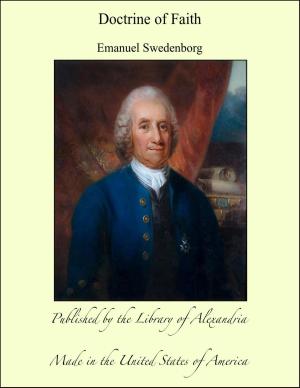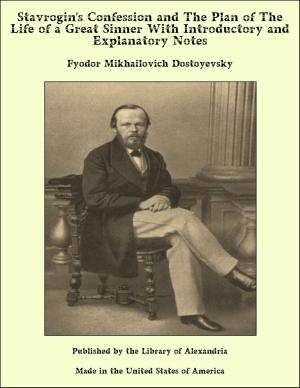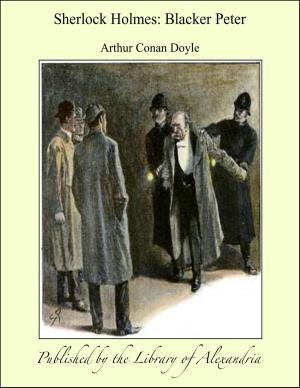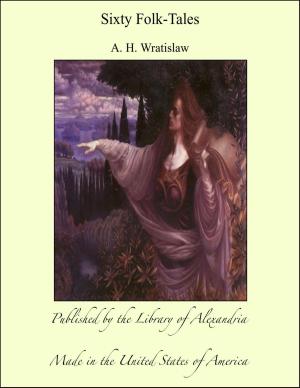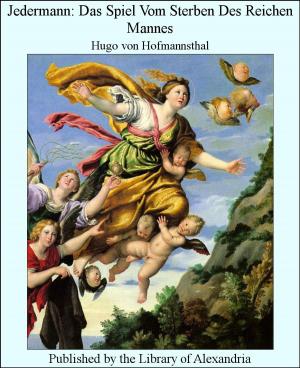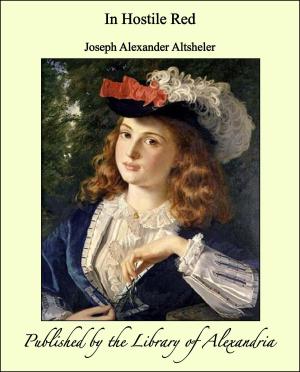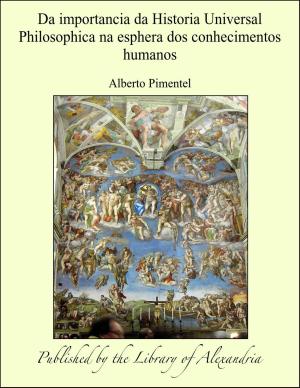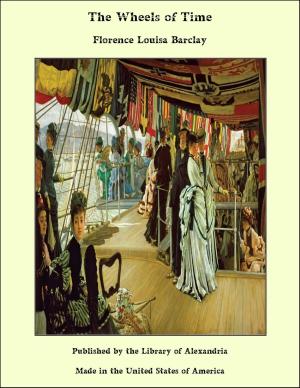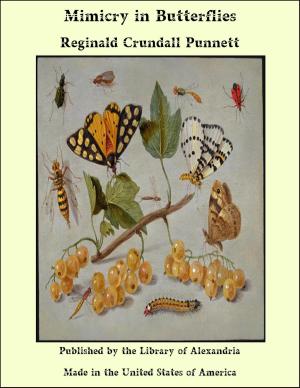The First Two Chapters of Prolegomena to the Study of Greek Religion
Nonfiction, Religion & Spirituality, New Age, History, Fiction & Literature| Author: | Jane Ellen Harrison | ISBN: | 9781465578020 |
| Publisher: | Library of Alexandria | Publication: | March 8, 2015 |
| Imprint: | Language: | English |
| Author: | Jane Ellen Harrison |
| ISBN: | 9781465578020 |
| Publisher: | Library of Alexandria |
| Publication: | March 8, 2015 |
| Imprint: | |
| Language: | English |
THE object of the following pages is to draw attention to some neglected aspects of Greek religion. Greek religion, as set forth in popular handbooks and even in more ambitious treatises, is an affair mainly of mythology, and moreover of mythology as seen through the medium of literature. In England, so far as I am aware, no serious attempt has been made to examine Greek ritual. Yet the facts of ritual are more easy definitely to ascertain, more permanent, and at least equally significant. What a people does in relation to its gods must always be one clue, and perhaps the safest, to what it thinks. The first preliminary to any scientific understanding of Greek religion is a minute examination of its ritual. This habit of viewing Greek religion exclusively through the medium of Greek literature has brought with it an initial and fundamental error in method--an error which in England, where scholarship is mainly literary, is likely to die hard. For literature Homer is the beginning, though every scholar is aware that he is nowise primitive; for theology, or--if we prefer so to call it--mythology, Homer presents, not a starting-point, but a culmination, a complete achievement, an almost mechanical accomplishment, with scarcely a hint of origines, an accomplishment moreover, which is essentially literary rather than religious, sceptical and moribund already in its very perfection. The Olympians of Homer are no more primitive than his hexameters. Beneath this splendid surface lies a stratum of religious conceptions, ideas of evil, of purification, of atonement, ignored or suppressed by Homer, but reappearing in later poets and notably in Aeschylus. It is this substratum of religious conceptions, at once more primitive and more permanent, that I am concerned to investigate. Had ritual received its due share of attention, it had not remained so long neglected.
THE object of the following pages is to draw attention to some neglected aspects of Greek religion. Greek religion, as set forth in popular handbooks and even in more ambitious treatises, is an affair mainly of mythology, and moreover of mythology as seen through the medium of literature. In England, so far as I am aware, no serious attempt has been made to examine Greek ritual. Yet the facts of ritual are more easy definitely to ascertain, more permanent, and at least equally significant. What a people does in relation to its gods must always be one clue, and perhaps the safest, to what it thinks. The first preliminary to any scientific understanding of Greek religion is a minute examination of its ritual. This habit of viewing Greek religion exclusively through the medium of Greek literature has brought with it an initial and fundamental error in method--an error which in England, where scholarship is mainly literary, is likely to die hard. For literature Homer is the beginning, though every scholar is aware that he is nowise primitive; for theology, or--if we prefer so to call it--mythology, Homer presents, not a starting-point, but a culmination, a complete achievement, an almost mechanical accomplishment, with scarcely a hint of origines, an accomplishment moreover, which is essentially literary rather than religious, sceptical and moribund already in its very perfection. The Olympians of Homer are no more primitive than his hexameters. Beneath this splendid surface lies a stratum of religious conceptions, ideas of evil, of purification, of atonement, ignored or suppressed by Homer, but reappearing in later poets and notably in Aeschylus. It is this substratum of religious conceptions, at once more primitive and more permanent, that I am concerned to investigate. Had ritual received its due share of attention, it had not remained so long neglected.


